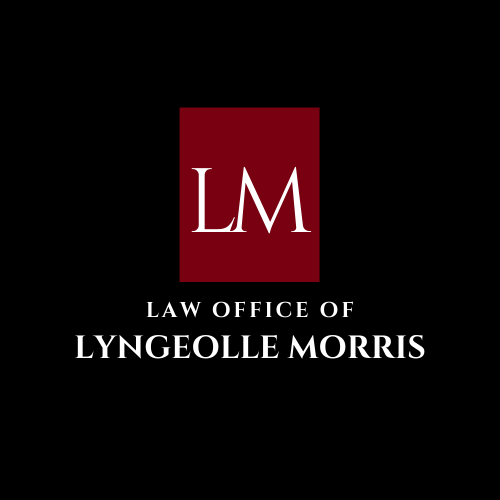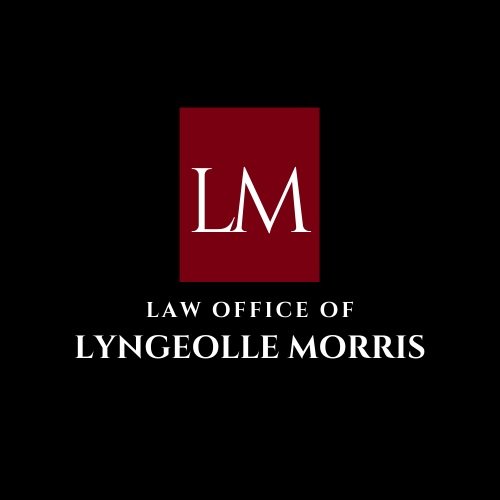Dealing With The Affairs of a Loved One Who Has Died Without A Will
Putting a Last Will & Testament in place may be an ideal goal for many. While this is the case, life can become busy, and many persons do not get around to making a Will before they die. This may the case for your loved one.
When a person dies without leaving a Will, this is known as dying intestate. You can learn more about how your loved one’s assets would be distributed here.
In this article, we will look closely at how an estate is settled in the event that your loved one dies without leaving a Will.
Obtaining the Court Order To Manage Your Loved One’s Affairs
In order to manage the estate of a deceased person who has died intestate, you will be required to obtain a Court Order by applying for what is known as a grant of Letters of Administration. The Letters of Administration is the legal document which formally appoints a representative known as the ‘administrator of the estate’. The administrator will then be authorized to manage the assets of the deceased, pay all outstanding expenses of the estate as well as distribute the assets of the estate according to law.
How Does the Administration Process Work in Barbados?
In Barbados, the administration process is governed by the Succession Act and the Supreme Court of Judicature (Non-Contentious Probate Rules, 1959). The application is made at the Probate Registry of the Supreme Court of Barbados. This application is typically made through the services of an attorney-at-law.
Below, we will share the steps involved in settling your loved one’s estate:
Confirm that the deceased did not leave a Will
You should first conduct a thorough search to confirm that the deceased did not in fact leave a Will prior to death. The Court will need to be furnished with details that a search of a Will was conducted prior to making the application.
Determine who will be the Personal Representative of the estate
The Personal Representative of the estate or the person who will be entitled to make the application for Letters of Administration will depend on who the deceased left behind.
The surviving spouse has first entitlement to make the application, followed by children, then parents, then siblings, then next-of-kin. Since this is based on a priority system, a relative who is next in line can only apply if the previous eligible person is first exhausted. For instance, if the son or daughter of the deceased wishes to make the application, it must first be shown that there is no surviving spouse or that he or she is unable to do so (e.g: due to the death or incapacity).
The Personal Representative will be responsible for managing the estate and ensuring the estate is distributed according to the rules of intestacy. For more information on these distribution rules, click here.
Gather important information related to the estate of the deceased
The personal representative should begin gathering all relevant information and documentation related to the deceased. The representative will need to gather important documentation such as the death certificate, documentation related to the assets and expenses of the deceased and the names of all relevant institutions that the deceased conducted business with.
Notify all relevant parties
All creditors and proposed beneficiaries should also be notified about the death as well as the intention to commence the application before the Court.
Create an inventory of the property of the deceased
Once this has been done, the personal representative will need to prepare an inventory of the property of the deceased, providing details on the assets that the deceased owned at the time of his or her death and the value. Assets will include any vehicles (cars, trucks, motorcycles, boats, etc.) real estate, cash, investments, bank accounts, insurance policies, personal property and intellectual property. The personal representative will also have to prepare a list of the expenses and their value. Expenses will include loans, credit card debts, utility bills, mortgages and taxes. From there, a net value of the estate would be prepared.
File the Application for Letters of Administration
Once the above has been completed, the personal representative will file the application with the Probate Registry at the Supreme Court.
You should consult with your attorney about preparing all necessary documents needed to prepare the application. Your attorney will typically prepare the application on behalf of the representative of the estate.
Before filing the application, an advertisement will need to be published within the newspaper and the Official Gazette, giving notice of the intention to apply for a Grant of Letters of Administration.
Transfer the estate according to Barbados intestacy rules
Once the application has been approved by the Court, the personal representative will be issued with the Grant of Letters of Administration or ‘Letters Testamentary’ which is a document that formally appoints the ‘Administrator’ of the estate.
This document authorizes the Administrator to distribute the estate of the deceased according to law. You can read more here about how the estate would be divided where the deceased left no will.
Before the Administrator of the estate can distribute the assets, he or she must first pay all of the deceased expenses and final bills, including funeral expenses and all expenses involved in administering the property of the deceased person (also known as testamentary expenses).
Once this is completed, the administrator will be authorized to effect all transfers to the relevant beneficiaries according to law.
After the estate has been settled, the Administrator is required to file with the Court an account of the administration of estate of the deceased.
What Documents Should You Begin Preparing to Complete the Administration Process?
Birth certificate of the deceased
Death Certificate
Registration of Death Certificate / Cause of Death Certificate
Marriage Certificate (where applicable)
List of all Assets and Liabilities of the Deceased
Proof of assets – bank account statements, title deeds, insurance policy documents, proof of ownership for vehicles
Proof of expenses – utility bills, loan agreements, credit card statements, tax bills, funeral expenses
Name, address and birth certificate of the Personal Representative
Names, addresses and birth certificate(s) of the beneficiary / beneficiaries
Final Note
The grant of Letters of Administration will be required to formally proceed with managing and distributing the estate of the deceased person who died intestate. This court-issued document will allow for the finalizing of the deceased person’s Estate.
Questions?
To learn more about how you can finalise the settling of your love one’s estate, you should consult with an attorney who can help guide you through the process every step of the way.
If you are looking for more information about how the process works, you may contact our office by clicking here to learn more.


